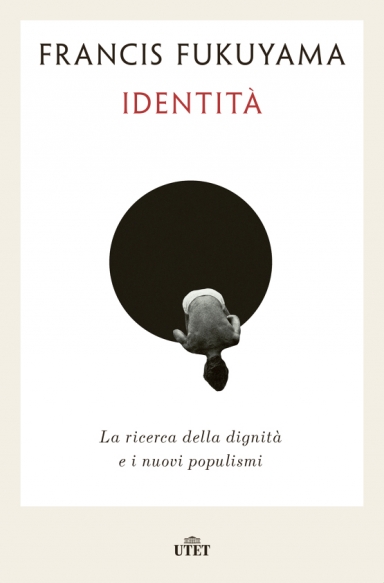Francis Fukuyama
One of the most cited and least read texts in the history of political philosophy. A prophetic classic, more relevant today than ever before. Since its first appearance in 1992, The End of History and the Last Man has inflamed public debate. Taking its cue from this book that immediately became incandescent (or, perhaps, just from its provocative title), it interpreted current events: had the fall of the Berlin Wall really ended the ideological clash by decreeing the final victory of liberal democracies? Was the direction on which human History was proceeding now channeled and irreversible? For decades, journalists, historians and political scientists have competed to provide evidence to refute this thesis. From a coup d'état in Peru to a transitional phase of global economic stagnation to the attacks of September 11, 2001, dozens of examples seemed to disprove Fukuyama's arguments. Believing that they were challenging the basic idea of the book, many quoted and criticized it, although perhaps only a few.



